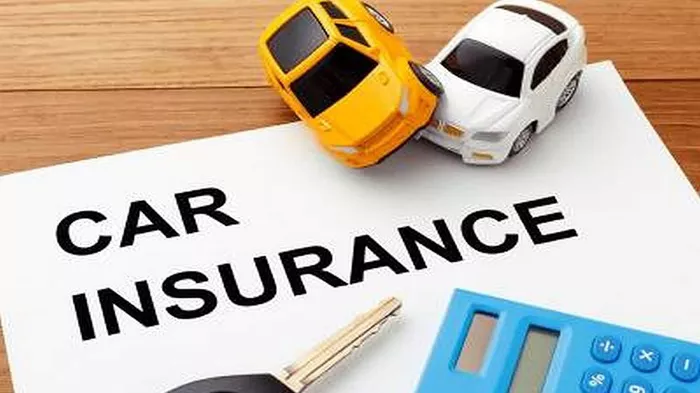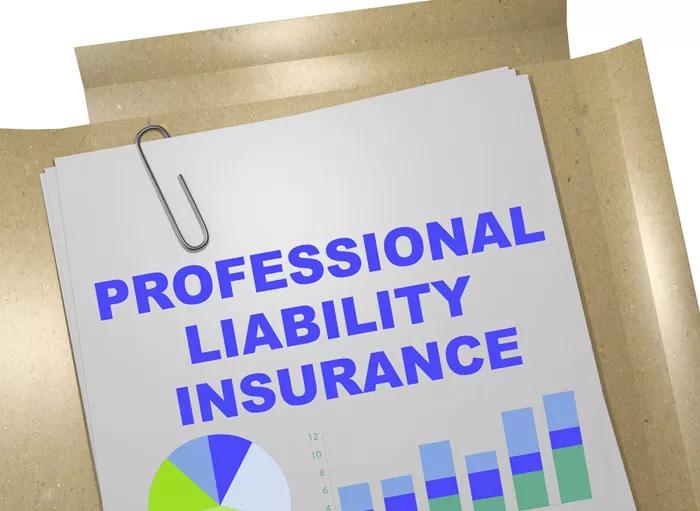Car insurance renewal can often feel like an automated process, but understanding your rights and options is crucial. In this article, we’ll delve into the intricacies of canceling your car insurance policy after automatic renewal. From cancellation rights to refund policies and alternative options, we’ll equip you with the knowledge to make informed decisions.
Cancellation Rights
First and foremost, it’s essential to understand that as a consumer, you have the right to cancel your car insurance policy at any time, even after automatic renewal. This right is enshrined to ensure flexibility and fairness in insurance contracts.
Cooling-Off Period
After automatic renewal, many policies offer a cooling-off period typically lasting around 14 days. During this period, you can cancel your policy without incurring any penalties. This provision allows you time to review your policy details and make any necessary adjustments.
Cancellation Fees
Should you choose to cancel your policy outside the cooling-off period, it’s crucial to be aware of any cancellation fees that may apply. These fees vary between insurers and may depend on factors such as the remaining term of your policy and the reason for cancellation.
Refund Policy
Understanding how refunds are handled is vital when canceling your car insurance policy. In the case of upfront payments, insurers often provide pro-rata refunds for the remaining coverage period. For policies paid on a monthly basis, insurers typically cease collecting payments upon cancellation.
No-Claims Bonus
Cancellation of your car insurance policy can impact your current year’s no-claims bonus. If you cancel mid-term and have not made any claims, you may be entitled to a pro-rata refund of your premium, but your no-claims bonus for that year could be affected.
Legal Requirements
It’s important to remind customers that owning a car in most jurisdictions necessitates insurance coverage unless the vehicle is declared off-road with a Statutory Off-Road Notification (SORN). Failing to insure your vehicle when it’s in use on public roads can result in legal penalties.
Process of Cancellation
If you’ve decided to cancel your car insurance policy, the process can vary depending on your insurer. However, a typical step-by-step guide might include:
- Review your policy documents to understand the cancellation process and any associated fees.
- Contact your insurer’s customer service department via phone, email, or online portal.
- Provide your policy details and reasons for cancellation.
- Follow any instructions provided by your insurer, which may include completing a cancellation form or providing written confirmation.
- Await confirmation of cancellation and any refund due.
Alternative Options
To avoid automatic renewal and explore alternative insurance options, consider the following steps:
- Set a reminder to review your policy before the renewal date.
- Compare quotes from multiple insurers to ensure you’re getting the best deal.
- Consider adjusting your coverage levels or deductible to potentially lower your premiums.
- Explore discounts or loyalty incentives offered by other insurers.
Once you’ve chosen a new policy, ensure a smooth transition by canceling your existing policy in a timely manner.
Conclusion
Canceling your car insurance policy after automatic renewal is a straightforward process, but it’s essential to understand your rights and obligations. By familiarizing yourself with cancellation rights, cooling-off periods, refund policies, and alternative options, you can make informed decisions that suit your needs and circumstances. Remember, transparency and communication are key when navigating insurance matters, so don’t hesitate to reach out to your insurer for clarification or assistance.
FAQs about Car Insurance Cancellation
1. What happens if I forget to cancel my car insurance?
If you forget to cancel your car insurance before the renewal date, your policy will typically be automatically renewed for another term. Depending on your insurer’s terms and conditions, you may have a grace period during which you can still cancel the policy without penalties. However, if you miss this window, you may be obligated to keep the policy for the duration of the new term or incur cancellation fees if you decide to cancel later.
2. Can I cancel insurance after automatic renewal?
Yes, you can still cancel your car insurance policy after automatic renewal. As a policyholder, you have the right to cancel your insurance at any time, even after it has been renewed. However, you may be subject to certain terms and conditions, such as a cooling-off period or cancellation fees, depending on your insurer’s policies.
3. How do I cancel auto-renewal on one call?
Canceling auto-renewal typically involves contacting your insurance provider directly. Here’s a step-by-step guide:
- Call your insurer’s customer service number, which can usually be found on your insurance documents or their website.
- Provide your policy details and request to cancel the auto-renewal feature.
- Follow any instructions given by the customer service representative, which may include confirming your identity and providing reasons for the cancellation.
- Once the auto-renewal feature is canceled, make sure to review your policy renewal terms and consider if you still want to continue with the policy.
4. Can I cancel my insurance policy and get my money back?
Whether you can get a refund upon canceling your insurance policy depends on various factors, including the terms of your policy and when you decide to cancel. Here’s a general guideline:
- If you cancel your policy within the cooling-off period (usually around 14 days after renewal), you are typically entitled to a full refund of any premiums paid.
- If you cancel outside the cooling-off period, you may still be eligible for a partial refund, often on a pro-rata basis for the remaining term of your policy.
- However, cancellation fees may apply, reducing the amount of refund you receive.
- It’s essential to review your policy documents and contact your insurer directly to understand the refund policy specific to your situation.
You Might Be Interested In






















